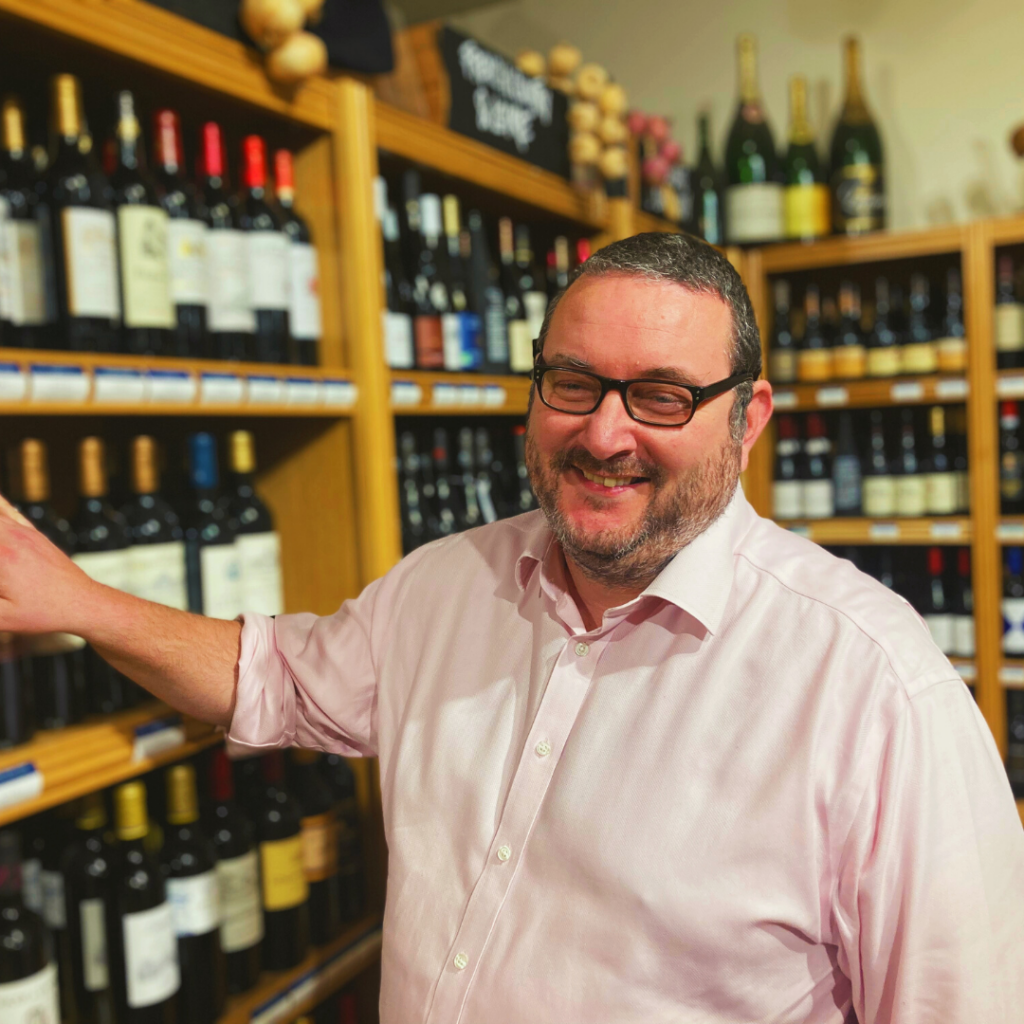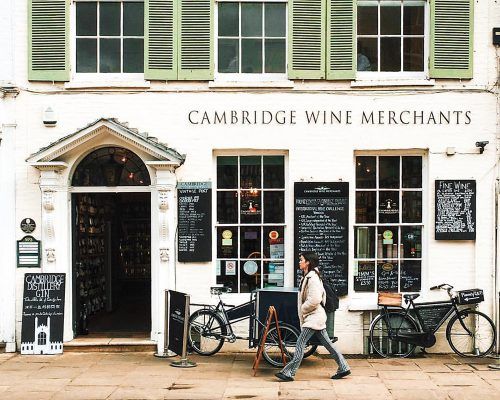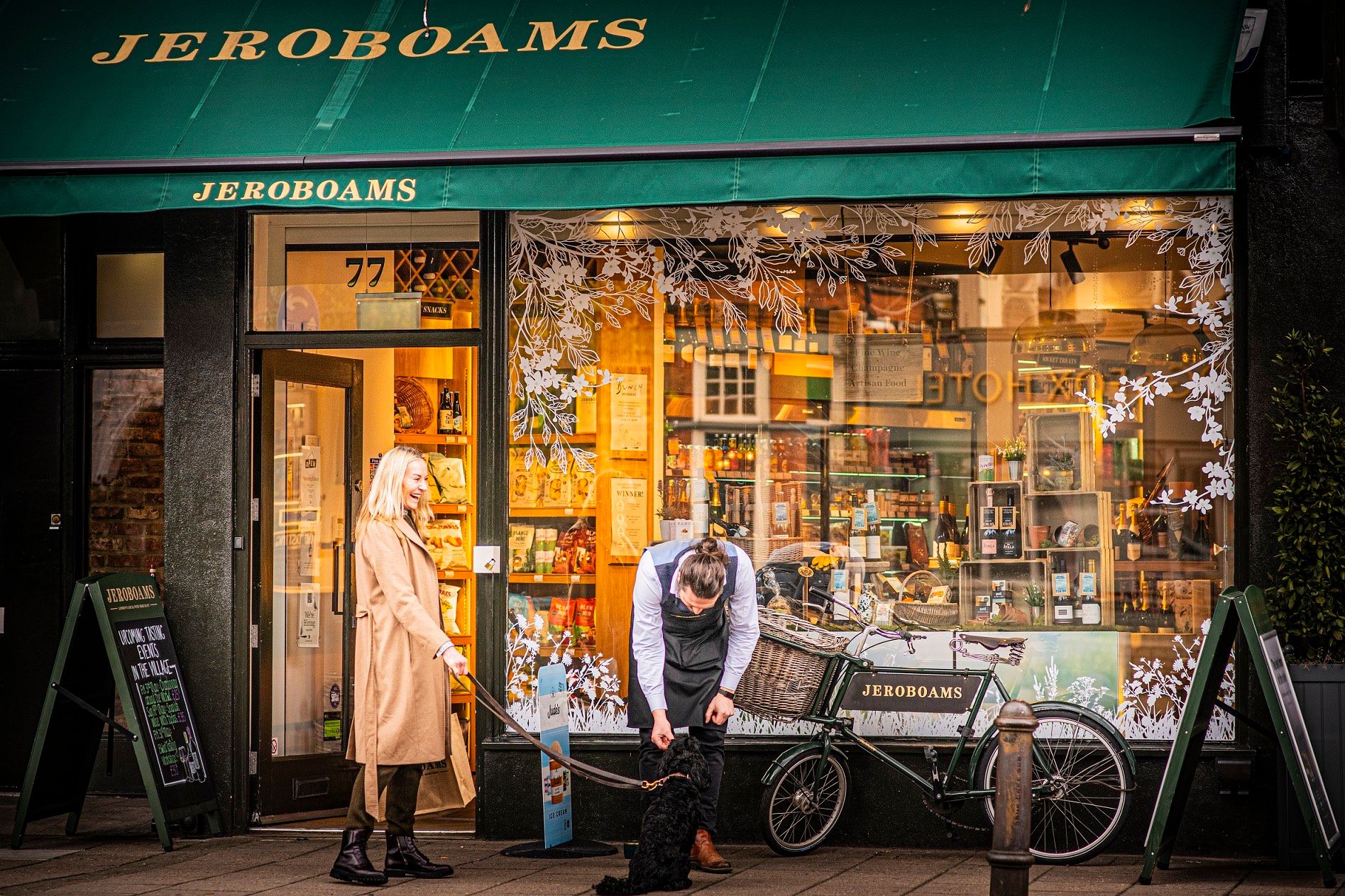How do you reflect on 2024 going into next year - what have been the big moments for you as a business over the last 12 months?
2024 has been a good year, we have invested heavily in new product ranges and salespeople which though expensive is now paying off greatly as we move into the peak season. We have had the opportunity this year to look at the whole business and re-evaluate where we are strong and where needs a little streamlining. Without the impending doom we may not have done this as vigorously.
As a business we obviously sell great wine, but to do this well you need great people to communicate this. Our continued investment in our team is at the forefront of our strategy to combat the issues of prices rises as finding the right products for our customers has to be the leading aim of a wine specialist.
Where were you in terms of achieving your commercial goals and targets?

John Chapman says The Oxford Wine Company is well placed to continue to focus on what it does best and supply quality wine to its customers and not get too distracted by external pressures
2024 financially has held its own very well, we have managed to grow our customer base with only a little reduction in profit resulting mainly from highly inflated energy and real estate costs. Prices will have to rise next year but I believe customers will understand this.
In addition, we were able to take advantage of new opportunities and open a new wine bar as an unmissable location presented itself.
What were the key reasons for those results?
Maintaining good quality products, investing in our staff, and not discounting products in a race to the bottom. We are a retail business, but we also have to realise we are a service business. We offer trained staff to advise on the products we offer. The quality of the advice is part of our product and cannot be compromised.
What are your thoughts going into 2025 and what you see as the big opportunities you can build on from this year?
2025 is going to be a year of two halves. The pressures resulting from increases in national insurance, alcohol duty and rates will definitely take their toll on the base line profits, but with challenges come opportunities. There will no doubted be some rationalisation in the range of wines on offer as merchants look to curb their costs and lean on UK stocks to mitigate losses in margin, so we intend to maintain the variety and concentrate on a more unique and diverse collection of wines.
There are a lot of concerns over the big changes in duty rates happening in February - how do you reflect on those changes and what impact they will have you and the business?
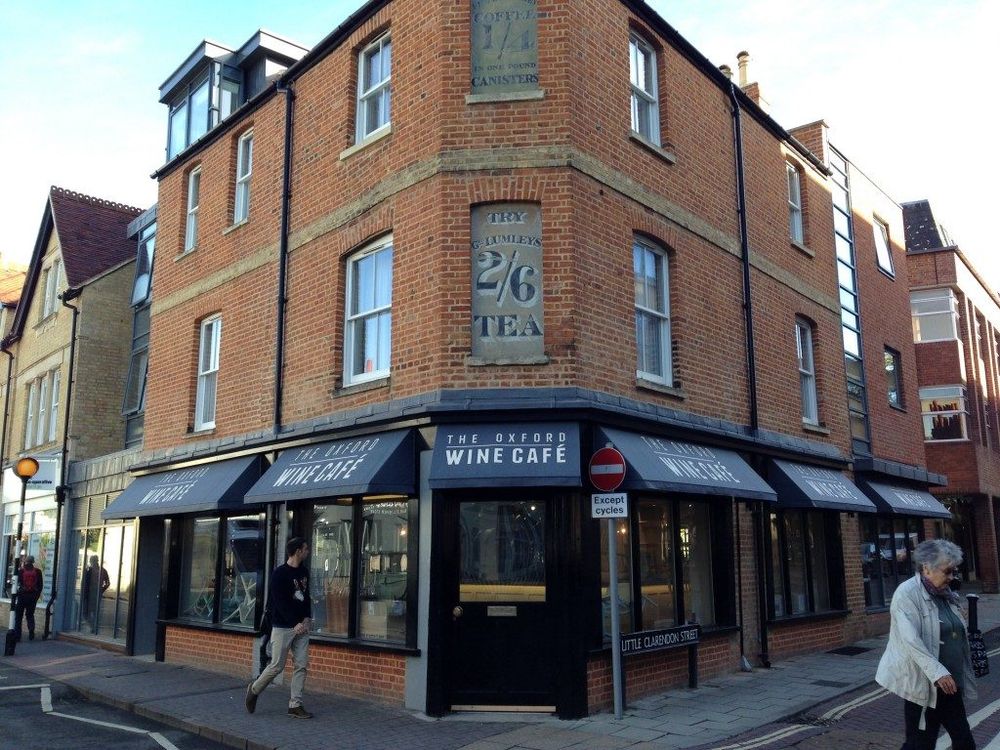
The Oxford Wine Company's multi-channel approach across retailing, wholesale and running its own cafes and wine bars means it is able to spread the risk when it comes to tackling duty rises but is particularly vulnerable to increased costs on SMEs
In short what a car crash of governmental policy and misunderstanding of our industry. Not only will HMRC receive less revenue from the wine sector, but more importantly the wine drinker will face more expensive wines and less of a range to choose from.
I will categorically not go out and force the producers we work with to reduce the alcohol in their wines to suit our country’s tax system. For a start we are a small part of the global market they sell their wines into, secondly to ask a premium producer who strives to make the best they can to bastardise their product so we can sell it a bit cheaper has all the hallmarks of the tail wagging the dog. If we think the product is good, then we should be able to sell it whatever price it ends up to the consumer.
What specific steps are you putting in place to handle the extra administration and complexity of the multiple duty rates?
Yes, there is an extra administrative burden but most of this can be handled by some clever IT integrations. In reality if you are buying in a meticulous way you double check the purchases anyway, so the extra admin from handling multiple duty bands is not a big deal.
Will you be actively looking to source lower abv wines and if so what specific abvs are you looking for?
In a word no. We will always be driven by the demands of our customers. The trend for lighter wines is very current and if this continues will always look at slightly lower ABV products made available by the producers we work with to meet demand but not to mitigate price and margin issues.
What style of wine at lower abvs would you consider listing in terms of how they are made - spinning come vs other dealcoholising methods?
I would never dismiss any wine outright because of its production method. The litmus test has to be the taste first and the ethical and sustainable criteria of the producer second. Purists may deride certain technological methods but at one time yeast inoculation was frowned upon.
Do you see any risks to the overall wine category if we see more lower abv and questionable quality wines in the UK market?
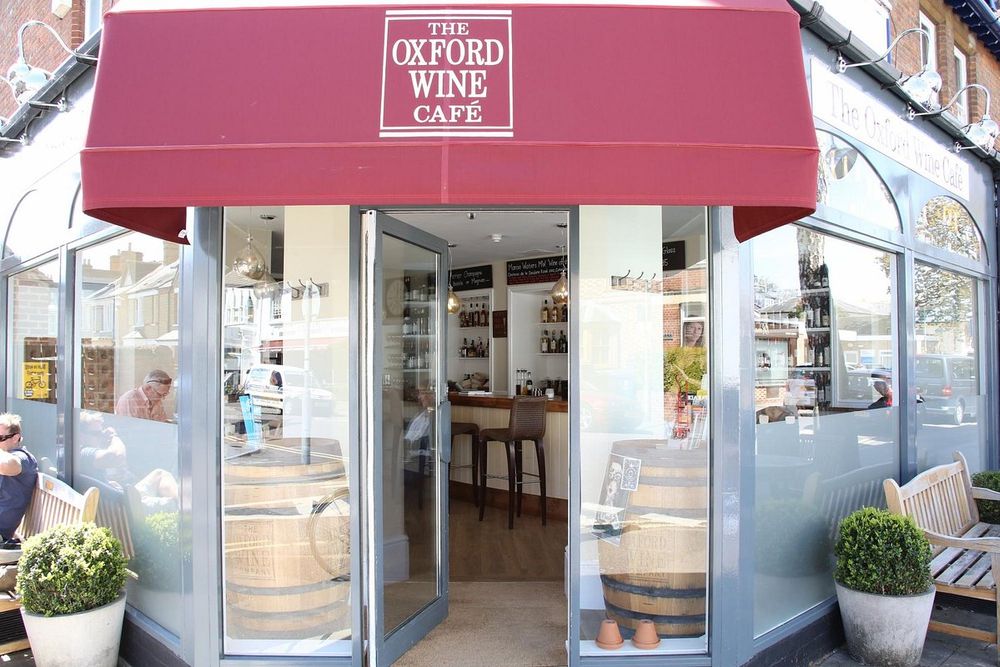
The Oxford Wine Company continues to expand with its latest cafe concept opening in Summertown Oxford earlier in the year
There is definitely a risk, but we already have the situation where we have manufactured wines and artisanal wines. A large producer of fizzy wine in northern Italy who uses 1 million litre tanks for storage is making their wine to a recipe for consistency. A bespoke small producer with 1 hectare of vines and minimal intervention is the total opposite looking for vintage expression from the wine not consistency from year to year.
The result of more modified wines just hastens the gap between ‘quality wine’ and ‘made wines’
Do you also see opportunities and ways in which you can help and support customers with these changes - If so how?
There is now an even bigger opportunity to capitalise on the fact we have the expertise in staff to sell more interesting wines and wines with personality. As a dedicated wine shop with knowledgeable staff, we are lucky to be able to convey the reason our Côtes du Rhône is £1.50 more than the one in said supermarket, whereas there isn’t a method for the said supermarket to properly explain the same difference.
What other major plans do you have for next year in terms of wines, ranges, events, tastings and activity in the trade?
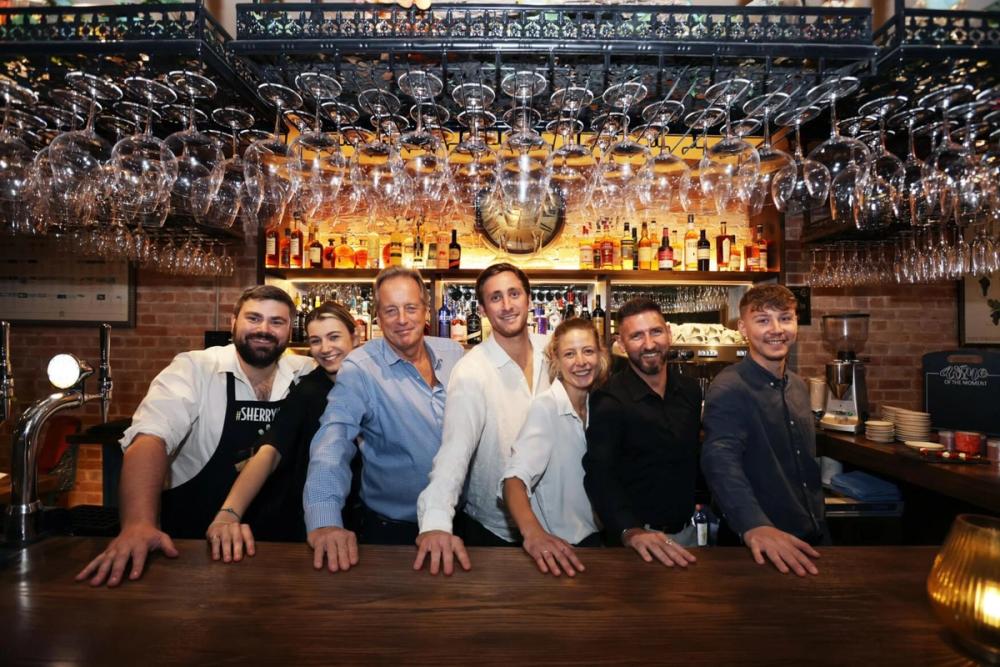
Ted Sanbach (third left) owner and chairman of The Oxford Wine Company with some of the team at the Oxford Wine Cellar
It is vitally important to stick to our main USPs. We succeed in offering a diverse range of products many uniquely sourced. Bringing products to the customer which are either different or just that we are very passionate about, and this is why our customers keep coming back.
We are lucky to offer a comprehensive tastings calendar and see the thirst for customer experiential events growing. With prices in evidently rising to combat the fallout from the budget we will be championing our key producers to maximise our offering bring value direct to the consumer.
Anything else to say?
Only that I don’t disagree with the negative sentiment out there as the budget has dealt SMEs a bad hand with the wine industry paying an especially high price, but it is important not to lose sight of why we do what we do. We all sell a great product, one we believe in and have chosen to be involved in.
I for one will stay focused on selling the best wine we can to the drinkers of Oxfordshire ensuring we don’t lose the fight against so called fruit wine infusions or RTD wine cocktails becoming the norm with wine being relegated to dusty corners of our shops shelves.
* You can find out more about The Oxford Wine Company at its website here.
